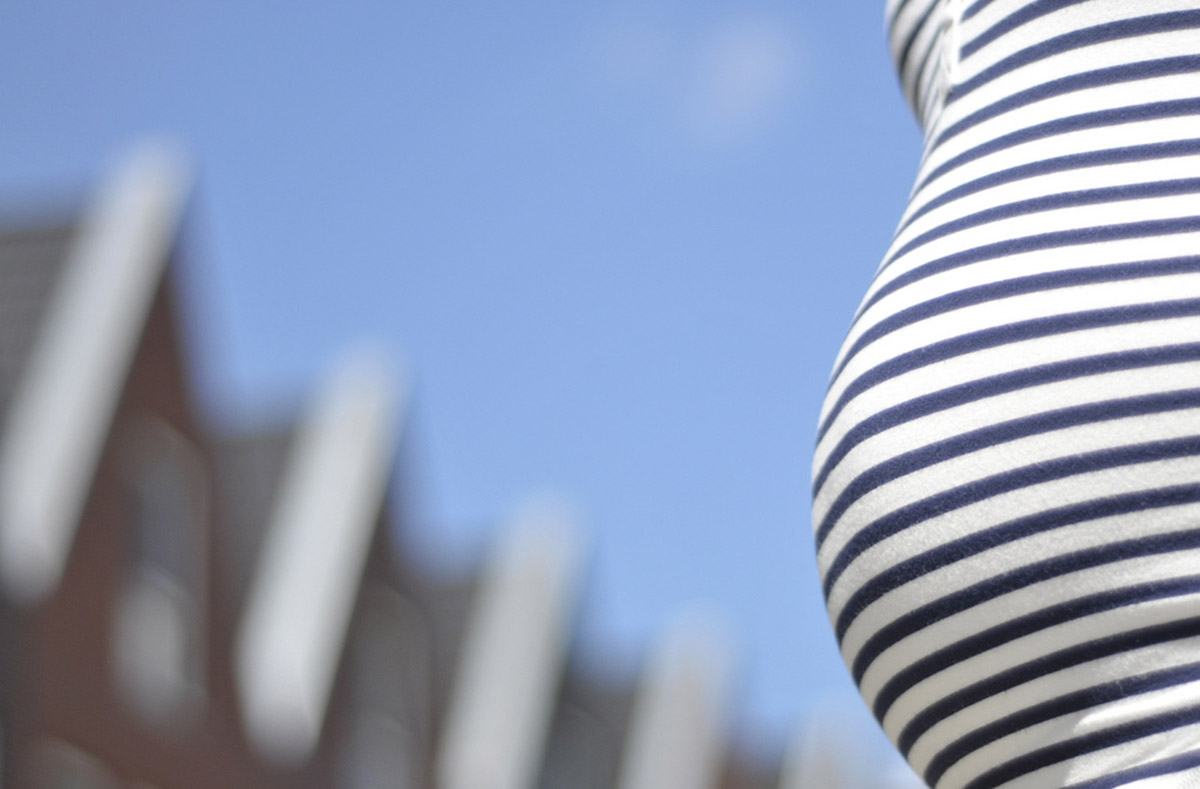Table of Contents
Would you like to have a baby — naturally? Women over 35 are often bombarded with a huge amount of grim statistics and comments that make them want to run to their nearest IVF clinic right away. How likely is natural conception after 35 really? And what can you do to boost those odds?

What Are Your Odds Of Getting Pregnant At 35 And Beyond?
Are you a woman of reproductive age? It's impossible that you haven't heard that fertility sharply declines after a certain age. Some people say that "magic age" is 35, while others say it's 30 or even 25. One statistic that's often mentioned is that one in three women over 35 will not be pregnant after a full year of trying, and you've probably also read or otherwise internalized the idea that getting pregnant naturally at 40 and beyond is next to impossible.
The guidelines published by the UK's healthcare watchdog NICE — the National Institute for Health and Clinical Excellence — are considered to be home to some of the most reliable fertility statistics out there. What do they say? Let's take a look:
- 84 percent of the "general population" will conceive within 12 months of having regular unprotected intercourse — note that the term general population refers to people of all ages and those with fertility problems as well as those without.
- 92 percent of that same general population will conceive within two years, while 93 percent will get pregnant within three years.
- After two years of trying, 35 year old women had a 87 percent chance of pregnancy.
- Those who started trying at age 38 had a 67 percent chance of conceiving within two years.
Where's the data for women over 40, you may ask? Well, that's where things get tricky. NICE's data on cumulative fertility only goes up to age 39, but they do report that 25 out of 100 40-year old women will get pregnant in a year. By age 45, that figure will have dropped to 10. While there's no denying that age is the Number One cause of infertility and one that eventually catches up with all women, this data does not suggest that trying to conceive naturally at 40 and beyond is pointless. Indeed, individual couples can take many steps to increase their odds of success.
Intercourse Matters
NICE's fertility guidelines note that a whopping 94 percent of 35-year old women will conceive within three years of trying — if they have intercourse two or three times a week. Meanwhile, 77 percent of 38-year old women will get pregnant within three years with the same amount of intercourse.
See Also: Complications Of Pregnancy You May Not Know About
That's quite the difference, isn't it? The moral of the story is obvious — intercourse matters. You've definitely encountered the idea that stress reduces fertility. These statistics show that there is some truth to that: stress reduces sex, and that has a very direct impact on your odds of conceiving. Many couples who are worried they might not be able to conceive become quite stressed about that, to the point it becomes a real libido killer. Notice the irony and don't fall into this trap.
- Photo courtesy Frank de Kleine via Flickr: www.flickr.com/photos/frankdekleine/4732383609
- Photo courtesy Daquella Manera via Flickr: www.flickr.com/photos/daquellamanera/3876057822


Your thoughts on this